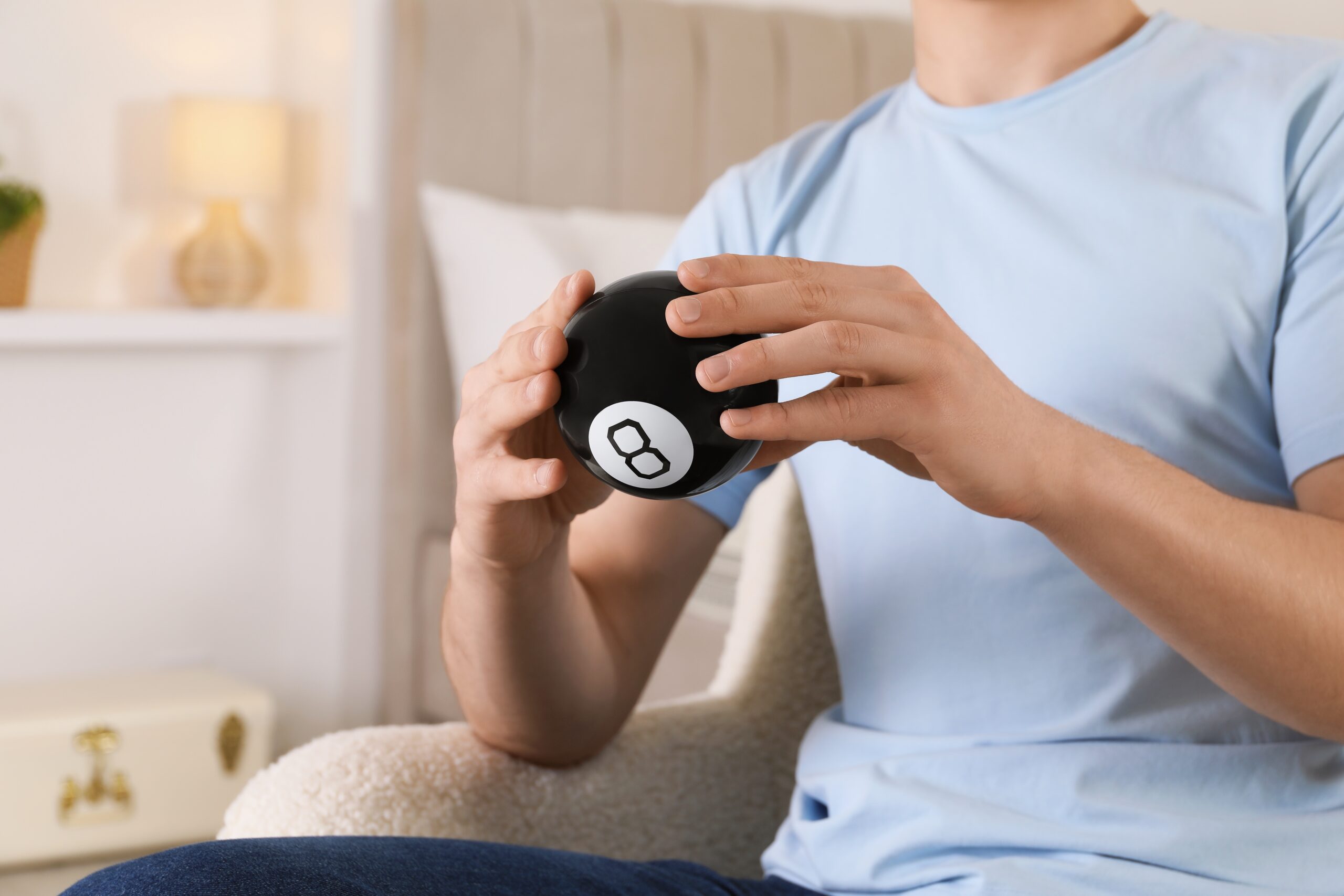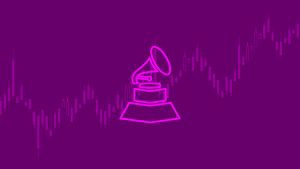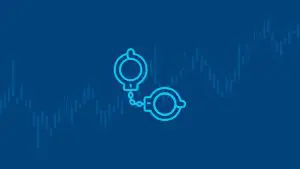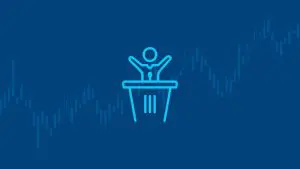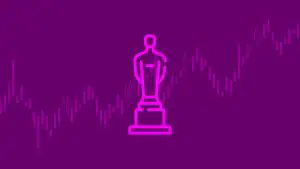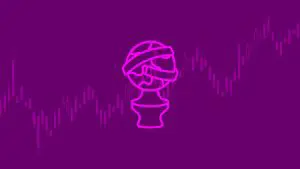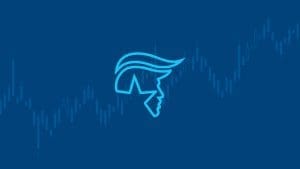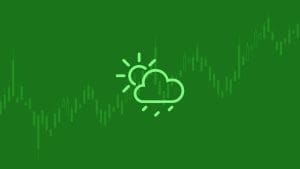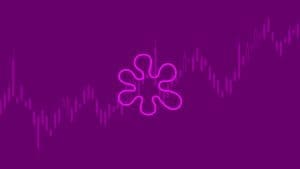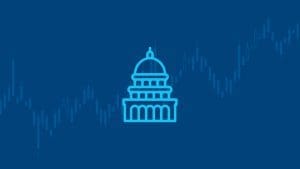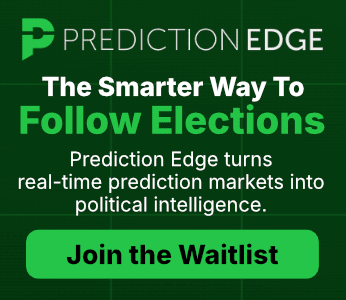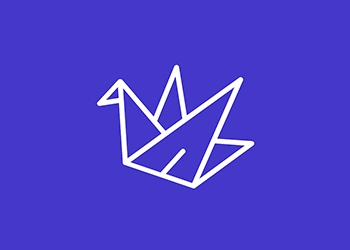The oldest company in the United States legal prediction market industry is in a unique position. Victoria University of Wellington, a non-profit university in New Zealand, launched PredictIt in 2014 to study how well prediction markets could forecast elections.
PredictIt operated under a no-action letter from the Commodity Futures Trading Commission (CFTC). The no-action letter stated that as long as PredictIt fulfilled certain conditions, like keeping position limits low and not drawing excessive profit, then PredictIt would be allowed to offer its election markets.
The CFTC pulled that letter in 2022. In 2023, the U.S. District Court for the Western District of Texas issued an injunction preventing PredictIt’s shutdown. The case is ongoing, but legal challenges haven’t stopped PredictIt from offering markets during the 2024 presidential election.
“It’s been damaging, especially in an election year, to not be able to put up new markets, but the ones that we have up, we’re seeing the same and if not more attention as in previous election cycle years,” PredictIt Director of Public Relations Lindsey Singer said.
PredictIt is smaller than commercial prediction markets like Kalshi and Polymarket. but PredictIt’s research has confirmed the key findings that those platforms use to justify their products.
Skin in the game and other research
One of the things that prediction market platforms are most proud of is creating a forecasting tool that requires forecasters to have “skin in the game.” The idea of skin in the game was built out by Nassim Taleb in his 2012 book Antifragile. Taleb argued that our economic systems would be stronger if forecasters had their own money on the line so they would suffer the consequences of bad forecasts.
“…anyone producing a forecast or making an economic analysis needs to have something to lose from it, given that others rely on those forecasts,” Taleb wrote.
Taleb made this argument as part of a larger explanation of antifragile systems – systems that grow stronger rather than weaker under conditions of stress and volatility. (One example is a book, which often becomes more popular the more that it is suppressed.) Antifragile systems thrive in a world filled with uncertainty and overloaded with information. PredictIt’s research has corroborated Taleb’s theory.
“Generally people, when they have a little bit of skin in the game, they’re putting a little bit of money not even where they want things to go, but where they think they actually will go, which is a big difference between PredictIt and polling,” Singer said. “But that generally makes people take in more information and want to make their predictions more accurate.”
PredictIt’s data has also been used for many university classes. Statistics professor Harry Crane has compared PredictIt’s forecasts with FiveThirtyEight polls in research spanning several election cycles. Wake Forest economics professor Koleman Strumpf described using PredictIt for his own research and how his students used it for class projects.
“They [PredictIt] have also set up contests so students can get experience trading to see how these markets work (without investing their own money),” Strumpf said.
Théo, the French trader who placed a total bet of ~$30M on Trump winning the election on Polymarket will end up making ~$48M in profit.
— Tanay Jaipuria (@tanayj) November 7, 2024
He ended up commissioning his own polls to measure the "neighbor effect", and believed the results were mind blowing in the favor of Trump,… pic.twitter.com/a8mYM2WANM
Using prediction markets
Ordinary people may not be able to commission their own polls, but they have access to a lot of information that may put prediction market prices into context. PredictIt has played a vital role in the research proving the concept that Kalshi, Polymarket, and Manifold are profiting from. PredictIt has stopped creating new markets during its litigation against the CFTC. However, its focus on research remains unchanged, and its data is still provided to universities.
“I think prediction markets offer more insight into what people will actually think will happen, again, because they have to have gathered this information and put some of their skin in the game,” Singer said. “But again, it is just one tool in the larger toolbox that we all have during election cycles.”

